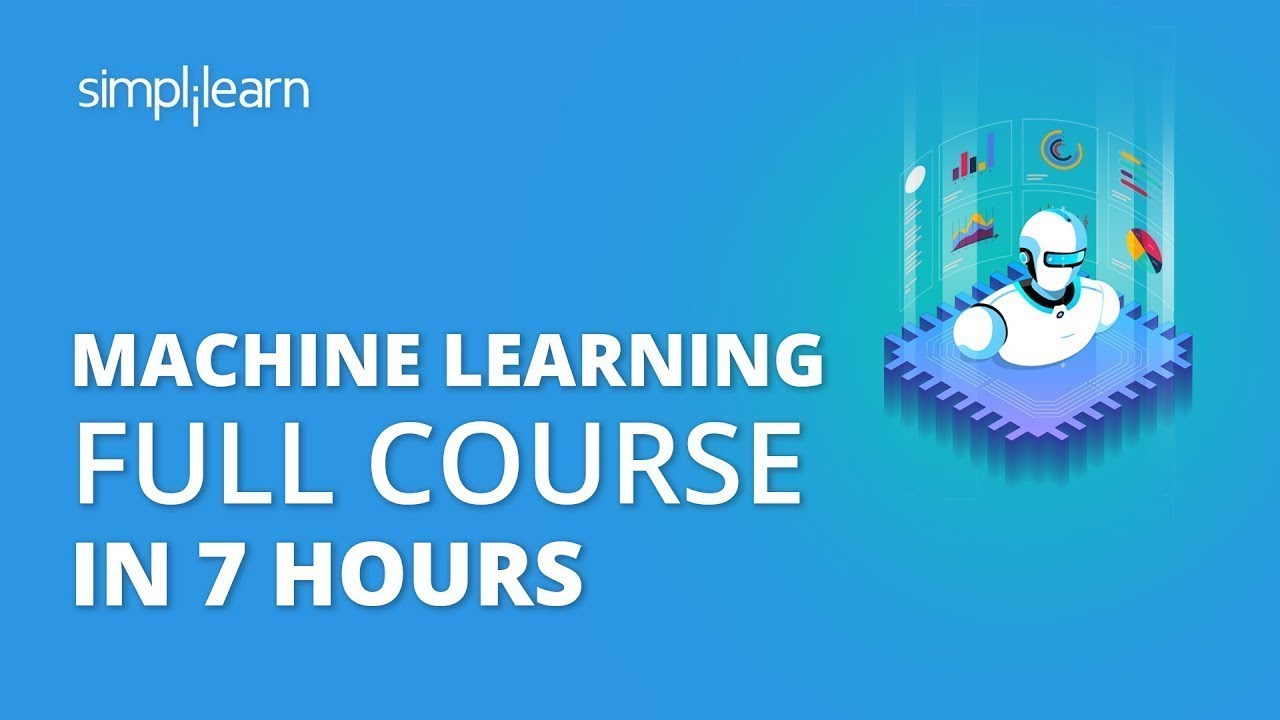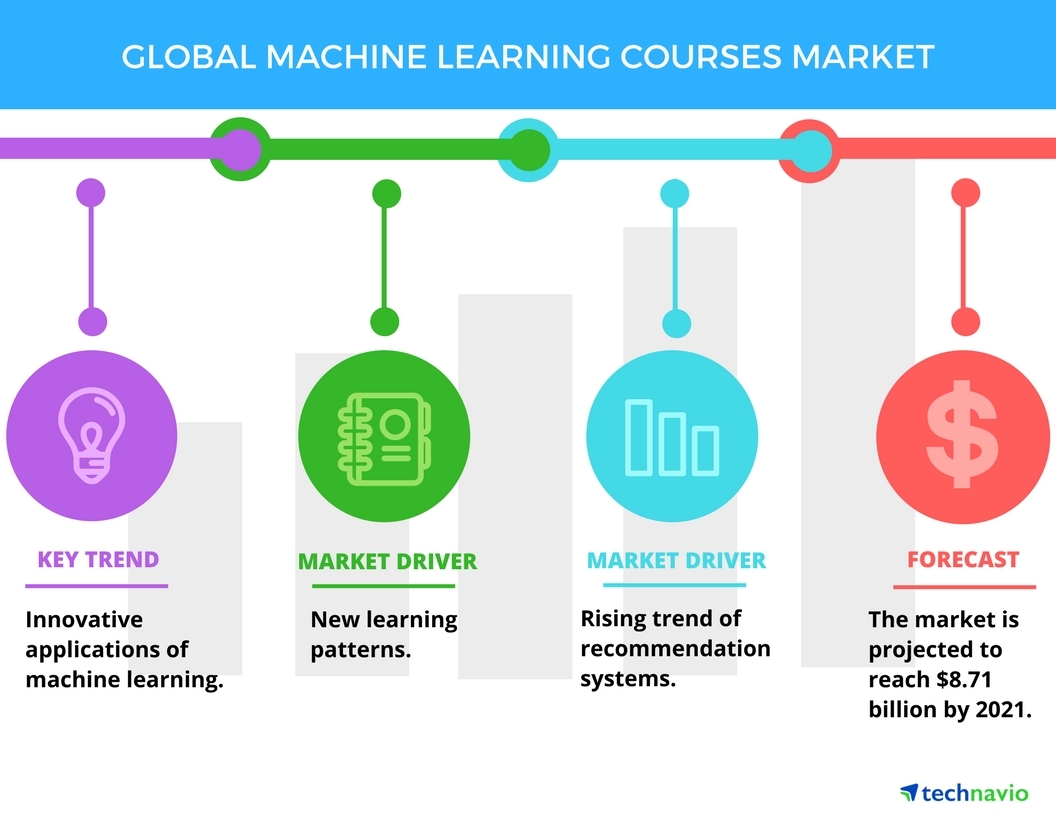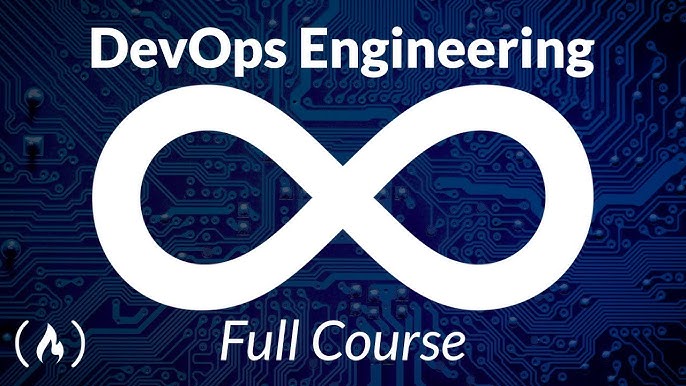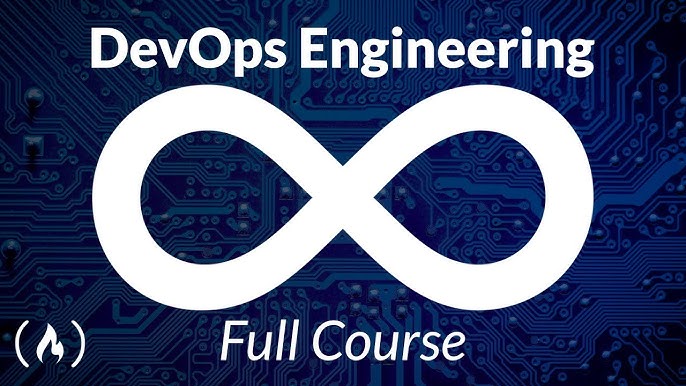Machine Learning Course Learn the Basics and Advanced Techniques Today

Machine Learning Course: Learn the Basics & Advanced Techniques Today. Unlock the world of machine learning with our comprehensive machine learning course. Discover basics & advanced techniques today! Join us!

What is Machine Learning?
Machine learning is a subset of artificial intelligence (AI) that focuses on the development of algorithms that allow computers to learn from & make predictions based on data. This discipline has grown tremendously due to its applications across various sectors such as finance, healthcare, marketing, & even in day-to-day technology like smartphones & smart home devices. Companies are adopting machine learning to enhance efficiency, optimize processes, & gain valuable insights from their data.
To effectively engage with machine learning, one must grasp its primary components, including supervised learning, unsupervised learning, & reinforcement learning. Supervised learning involves training a model on labeled data, meaning that the input comes with the expected output. Unsupervised learning, on the other hand, deals with data that does not have predefined labels, focusing on groupings or patterns within the dataset. Reinforcement learning is a method where an agent learns to make decisions by receiving rewards or penalties based on its actions.
Why Enroll in a Machine Learning Course?
Choosing to enroll in a machine learning course is a strategic move for anyone looking to elevate their career prospects or broaden their technical skills. This educational path not only equips individuals with the theoretical knowledge necessary for grasping complex concepts but also provides practical experience through hands-on projects. And don't forget, with the demand for machine learning professionals skyrocketing, completing a course can significantly improve employability.
Many courses offer structured learning that can help you build a strong foundation in mathematics & statistics, crucial for understanding various algorithms. You'll also encounter programming languages such as Python & R, which are integral to implementing machine learning models. Besides, pursuing a machine learning course opens up networking opportunities, connecting you with professionals & mentors in the industry.
Basic Concepts of Machine Learning
To start your journey in machine learning, it's essential to familiarize yourself with several foundational concepts. These include algorithms, models, training data, & performance metrics. Algorithms are the step-by-step instructions that a computer follows to learn from data. For example, linear regression & decision trees are popular machine learning algorithms used for various tasks.
Models in machine learning are the outputs of algorithms trained on data. During the training phase, the model learns from patterns within the data, enabling it to make predictions on new data. Training data is the dataset utilized to teach the model, while performance metrics gauge how accurately the model performs its tasks. Common metrics include accuracy, precision, recall, & F1 score, which provide vital feedback for improving the model’s effectiveness.
Advanced Techniques in Machine Learning
Once you’ve grasped the basic principles, you can move on to advanced techniques that delve deeper into machine learning. These can include deep learning, natural language processing, & ensemble learning. Deep learning uses neural networks that mimic human brain functioning, making it powerful for tasks like image & speech recognition. With the surge in data availability, deep learning has become a prominent method for extracting complex patterns.
Natural language processing (NLP) enables machines to interpret & manipulate human language, allowing for advancements in translation, sentiment analysis, & content generation. Ensemble learning, on the other hand, creates multiple models & combines their predictions to optimize accuracy & reliability. For those pursuing a machine learning course, these techniques are vital for developing their skills & staying competitive in the job market.
Finding the Right Machine Learning Course
Choosing the right machine learning course can be crucial for your learning journey. With numerous options available, consider factors such as course content, level (beginner to advanced), & the qualifications of the instructors. Look for courses sponsored by reputable institutions or platforms like Coursera, Udacity, or edX, which provide either standalone courses or comprehensive programs.
Another important aspect is the mode of delivery. Some individuals may prefer in-person classes, while others may thrive in an online setting. Before enrolling, check for course reviews &, if possible, connect with alumni to gain insights into their experiences. Structured courses typically include assignments & projects, which are essential for applying theoretical knowledge in real-world scenarios.
Tools & Programming Languages for Machine Learning
Equipping yourself with the right tools & programming languages is essential for anyone engaged in machine learning. Python remains the top choice due to its extensive libraries like NumPy, pandas, scikit-learn, & TensorFlow, which simplify complex computations & model implementations. R also holds a strong position, especially in statistical data analysis, & is favored in academic circles.
Tool/Language Purpose
Python Main programming language for machine learning.
R Statistical analysis & visualization.
TensorFlow Framework for deep learning applications.
Scikit-learn Library for easy implementation of machine learning algorithms.
On top of that, tools like Jupyter Notebook allow data scientists to create & share documents containing live code, equations, & visualizations, making it an excellent resource for beginners & professionals alike. Mastering these tools prepares learners to handle data efficiently & implement machine learning projects from inception to completion.
Practical Applications of Machine Learning
The practical applications of machine learning are revolutionary & span various industries. In healthcare, machine learning algorithms are used for predictive analytics to detect diseases at earlier stages, optimize treatment plans, & manage patient data. In finance, fraud detection systems utilize machine learning to flag unusual transactions, thus protecting consumers & institutions alike.
Retailers employ machine learning for inventory management & personalized marketing strategies, ensuring that customers receive tailored recommendations based on their purchase history. Autonomous vehicles utilize complex machine learning models to interpret their surroundings & make driving decisions in real-time, significantly improving safety & efficiency. Such applications highlight the transformative potential of machine learning, making it a sought-after skill set in today’s job market.
The Importance of Continuous Learning in Machine Learning
Technology is in constant flux, elevating the importance of continuous learning for those in the machine learning sphere. New algorithms, libraries, & advancements arise regularly, necessitating that practitioners stay updated. Engaging in forums, attending workshops, & participating in hackathons are excellent ways to maintain your edge in this dynamic field.
Online platforms often provide supplementary materials & updates, ensuring that course participants are aware of current trends & methods. Pursuing certifications or advanced courses can further demonstrate a commitment to mastering machine learning, enhancing your resume, & facilitating professional growth.
“Machine learning is a field that combines a multitude of scientific disciplines & continues to shift & grow considerably.” - Monserrate Hill I
Frequently Asked Questions
What is included in a typical machine learning course?
A typical machine learning course includes topics such as data preprocessing, various algorithms, feature selection, evaluation metrics, & practical applications. Many courses also offer project-based learning, which allows students to apply what they’ve learned to real datasets.
Can I learn machine learning without a programming background?
While having a programming background is beneficial, many courses cater to beginners & provide foundational knowledge necessary for understanding programming basics. Courses often emphasize hands-on projects that help learners gain confidence in their coding abilities.
How long does it take to learn machine learning?
The timeframe to learn machine learning varies based on your background & the depth of knowledge you wish to achieve. A standard introductory course could take about 8 to 12 weeks, while mastering advanced techniques & algorithms might take several additional months of study & practice.
Is machine learning skill in high demand?
Yes, skills in machine learning are currently in high demand. Industries are investing heavily in machine learning talent to enhance their operations & tap into data-driven insights. Hence, individuals with specialized skills in this area enjoy favorable job prospects.
Machine Learning Course
In summary, the field of machine learning offers exciting opportunities for professional growth & innovation. Whether you are starting from scratch or looking to enhance your existing skills, enrolling in a structured machine learning course can provide you with the knowledge & experience needed to navigate this dynamic field effectively. The continual evolution of machine learning means that ongoing education is vital, & those who commit to their learning will find themselves at the forefront of technological advancements.






